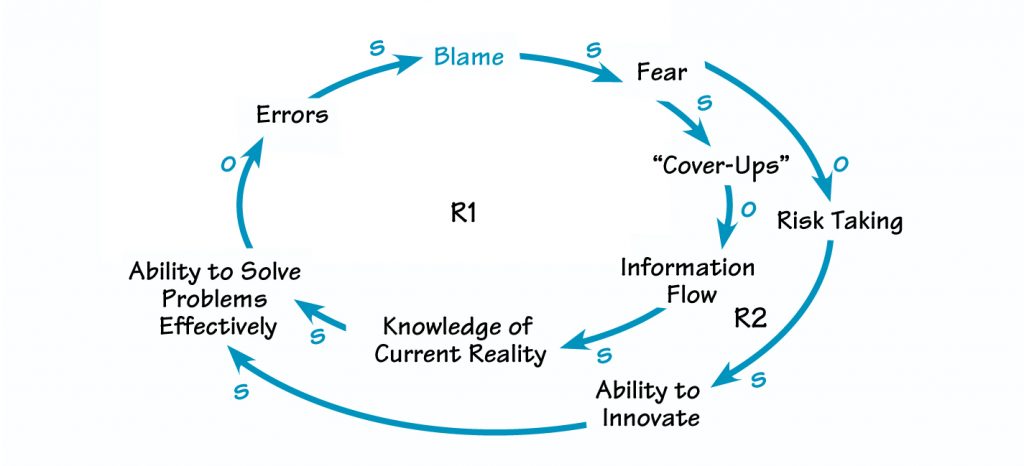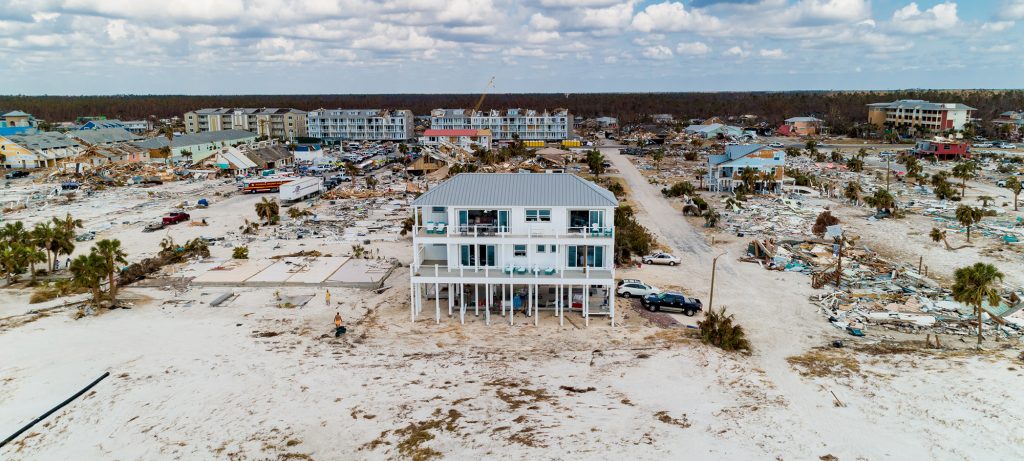As discussed in a post last week, the new strain of corona virus continues to paralyze the city of Wuhan and the surrounding Hubei province as well as causing disruptions across China and around the world in everything from air travel to the World Mobile Congress that is supposed to start in Barcelona in a few weeks. One of the lessons that business leaders should draw from the unfolding story is how connected and fragile the world has become. Another, is how important it is to build companies so that they can manage such shocks.
 One point is that good strategy and systems thinking is more important than ever at this time. Strategy needs to go far beyond having clear targets and linear models of cause and effect and endeavor to understand the relationships between disparate trends and areas of expertise. Most business leaders in telecoms and tech, for example, are not experts in virology or communicable diseases but they will feel the effects of the virus when they come to Barcelona and can not meet with the people from those firms which have chosen not to come. What I see much too often are strategic plans that essentially assume that things will be fine in the general environment without any serious discussion about what might go wrong or scenario analysis.
One point is that good strategy and systems thinking is more important than ever at this time. Strategy needs to go far beyond having clear targets and linear models of cause and effect and endeavor to understand the relationships between disparate trends and areas of expertise. Most business leaders in telecoms and tech, for example, are not experts in virology or communicable diseases but they will feel the effects of the virus when they come to Barcelona and can not meet with the people from those firms which have chosen not to come. What I see much too often are strategic plans that essentially assume that things will be fine in the general environment without any serious discussion about what might go wrong or scenario analysis.
A second idea is to be sure that the global matrix organization works well enough to move information across the organization at a speed and accuracy level sufficient to detect and react to crisis when they do occur. Do local people have sufficient authority to make difficult or expensive decisions in the interest of the safety of employees and their families? Can they do the right thing in the interest of civil society? Does management have well established protocols in place for crisis management?
A third point is to make sure the company has some built in layers of resilience so that it can weather storms when they do occur. The situation in Wuhan and China is already affecting the global supply chains of a number of companies. In my experience very few large firms today hold sufficient safety stock or have alternative sources of supply in case of disruption. This time it is due to a virus but there can also be natural disasters, labor conflicts or even military conflict between nations that can cause things to go very, very wrong.

The thing is that building resilience into the system can require significant investment in fixed costs, variable costs or both and therefore companies also need to make sure that they have adequately prepared the people who sit on their boards to think about the larger system. Only proper governance can ensure that a company is strong enough to withstand significant shocks to it and the sytem around it and also to know what to do when things do go awry.
As I wrote in a post about Hurricane Michael last year, most of the houses on Mexico Beach, Florida were destroyed but not the Sand Palace, a house who’se owner took extra care in selecting the construction materials and designing his home.
Like the owner of this house, the Board of Directors needs to take responsibility for making sure that management designs companies with sufficient strength and resilience to withstand all kinds of events and problems even is they are presumed to have a low likelihood of occuring in the short term.


So now we know that WMC has been cancelled in an illustration about how connected everything is. The GSMA currently has similar, but smaller events scheduled for Shanghai in June and Los Angeles in October. Let’s see what happens……